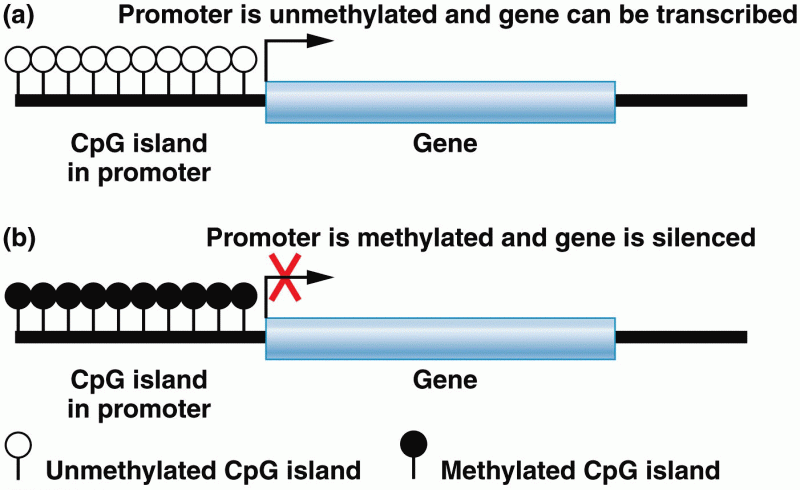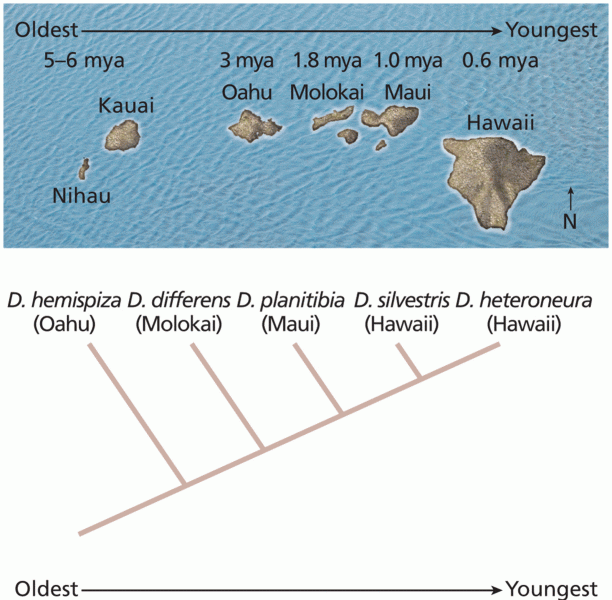Answer to Question 1
ANS: B
Descriptions of nursing informatics competencies often focus on levels that include beginner, experienced, specialist, and innovator. Beginner skills include computer, information, and web literacy; fundamental skills in information management and computer technology; and the ability to identify and collect relevant data. The nurse at the beginning level may have keyboarding skills, can document in the EHR, and look up medications and other health information on reputable Internet reference sites. The nurse at the experienced level of informatics competencies is able to see data relationships and make judgments based on trends and patterns in data, is skilled in information management and the use of computer technology, and is able to suggest areas for IT system improvement. The nurse at the specialist level of competency focuses on information needs for the practice of nursing; integrates and applies information science, computer science, and nursing science; and applies skills in critical thinking, data management, processing, and system development. At the specialist level of competency, the nurse may conduct research based on information trends or patient data, devise applications for computer technology in nursing, or develop new software to enhance nursing care. Nursing informatics innovators conduct research and generate theory. They develop solutions and understand the interdependence of systems, disciplines, and outcomes.
Answer to Question 2
ANS: C
After meeting the educational and experience requirements, the nurse can receive certification in nursing informatics from the Health Care Information and Management Systems Society (HIMSS) and through the American Nurses Credentialing Center (ANCC). Technical competencies pertain to the use of computers and other technological equipment and the use of a variety of software programs for word processing, spreadsheet and database development, presentation, referencing, and e-mail. Utility competencies address critical thinking and evidence-based practice applications. Nurses who have a utility competency recognize the relevance of nursing data for improving practice and can access multiple information sources for gathering evidence for clinical decision making. Leadership competencies address the ethical and management issues related to using IT in nursing practice, education, research, and administration. Specific leadership competencies include the application of accountability, maintenance of privacy and confidentiality, and quality assurance. Technical, utility, and leadership competencies can be achieved without certification.







